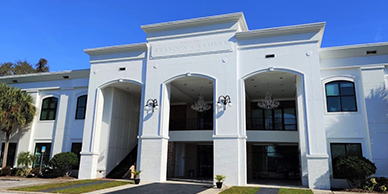If you are closing an estate at the wishes of someone who has passed, you will be named the executor and will need to administer the estate in accordance with the law. Any time a person dies, the executor has to collect the individual’s assets, manage them and distribute them to the proper parties.
Around half of the states have a code called the Uniform Probate Code, which generally simplifies the probate process and makes it similar from state to state. However, not all states participate, and you will need to follow specific state laws during the administration of the estate. That’s why most people hire an attorney right away. If you make any serious mistakes, you can be held liable, so it’s in your best interests to work with someone familiar with estate planning and probate.
What happens if an estate is spread over multiple states?
If an estate involves several states, then you may need to administer the estate in each of those states, especially if property is involved. Normally, the majority of the estate is handled in the state where the person died, but ancillary proceedings might be needed for property held in other states. In that case, you may need to speak to your attorney about having a second attorney on the team from that state.
Speak with your attorney if the estate has property that is in other states or outside Florida. Your attorney can help you take steps to properly administer the estate in those states or locations as well, so you know that the estate was closed properly.

